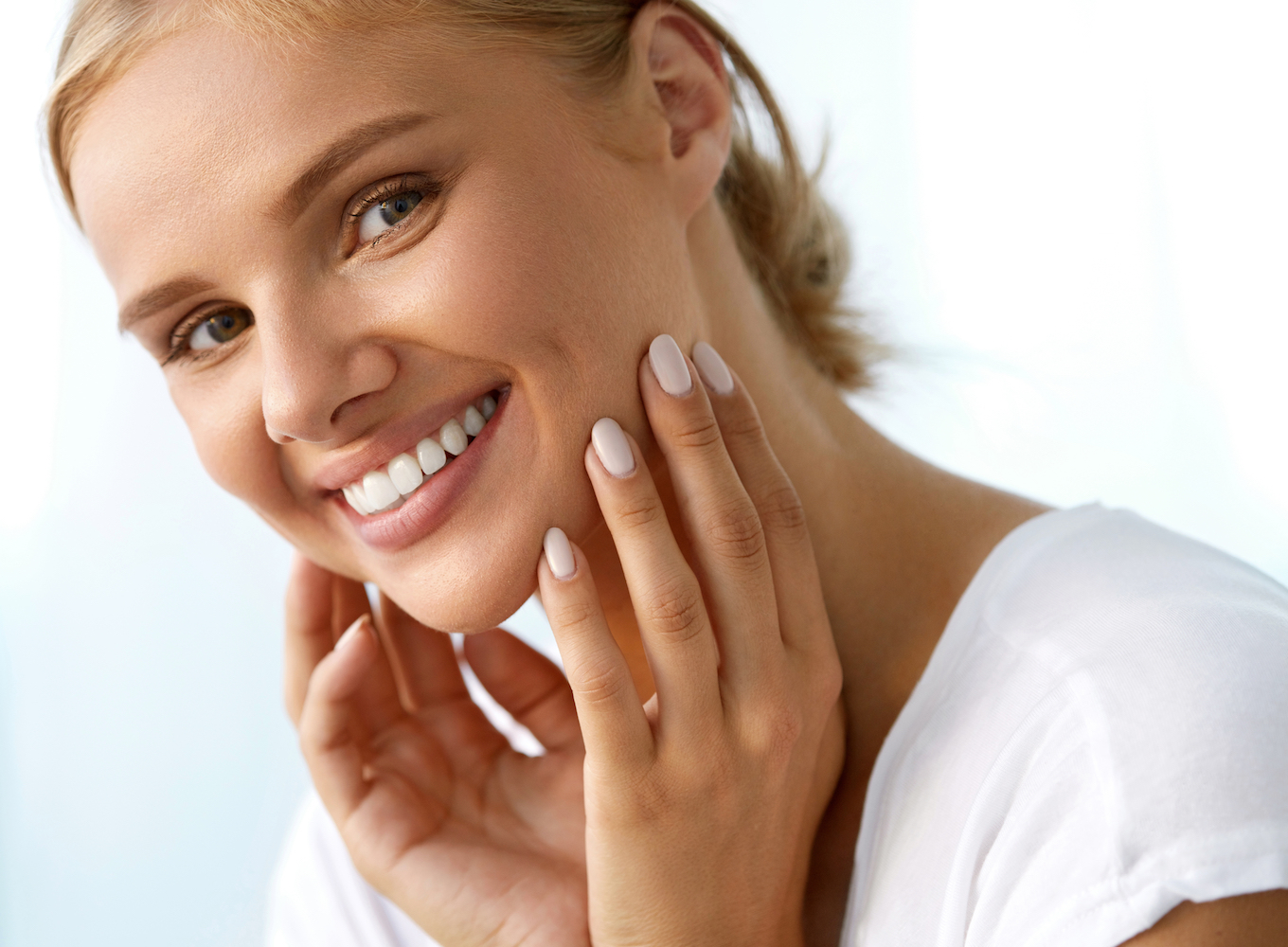Body Repairs Skin Damage in Groundbreaking Study

DNA changes resulting from simulated moderate sunshine were corrected by the skin within hours of exposure in a new study published in the British Journal of Dermatology. This finding supports the notion that moderate UV exposure is not a major risk factor for skin cancer for certain skin types and that the benefits of moderate exposure outweigh the risks.
“The results from [the study] should provide healthcare regulators, especially those who have advocated sun abstinence because of their concern for increased risk for skin cancer, with a new perspective for how the sun and our skin work in concert to take advantage of the many beneficial effects of sensible sun exposure while minimizing risk for skin cancer,” renowned UV and vitamin D researcher Michael Holick wrote about the study in an editorial for the British Journal of Dermatology.
A group of international researchers hypothesized that people whose skin had evolved to produce adequate vitamin D from sun exposure had also developed mechanisms to repair any skin damage that also occurred. To test the theory, groups of Skin Type 2 and Skin Type 5 individuals were exposed to lights that simulated mid-day summer sunlight in the United Kingdom. Researchers evaluated the effect on vitamin D blood serum levels and measurements of DNA skin damage.
Click here to read the entire article in the latest issue of Smart Tan Magazine online.
SmartTan.com news articles regularly report medical and scientific information to keep you abreast of current events related to UV light. This information is not intended to be used by any party to make unwarranted health claims to promote sunbed usage. Indoor tanning businesses are obligated to communicate a fair and balanced message to all clients about your products and services including the potential risks associated with indoor tanning. Contact your Smart Tan representative to find out more about what you can and can’t say in your tanning salon business.
© 2017 International Smart Tan Network. All rights reserved.
